
Urticaria, commonly known as hives, is a skin condition characterized by the sudden appearance of red, itchy welts or raised bumps on the skin. These welts can vary in size, from small dots to large patches, and can appear anywhere on the body. Urticaria can be both acute and chronic, with the former lasting less than six weeks and the latter persisting for more than six weeks. This blog will explore the causes, symptoms, and treatments of urticaria to provide a comprehensive understanding of this common condition.
Causes of Urticaria
Urticaria occurs when certain cells in the body release histamine and other chemicals into the bloodstream. The exact cause of this release can vary widely, but some common triggers include:
- Allergens: Foods (such as nuts, shellfish, eggs, and berries), medications (like antibiotics, aspirin, and ibuprofen), insect stings, and pollen.
- Physical Stimuli: Exposure to heat, cold, sunlight, or pressure on the skin.
- Infections: Viral infections such as the common cold or hepatitis.
- Stress: Emotional stress can exacerbate symptoms in some individuals.
- Chronic Medical Conditions: Conditions like thyroid disease, lupus, or other autoimmune disorders can be associated with chronic urticaria.
Symptoms of Urticaria
The primary symptom of urticaria is the appearance of welts on the skin. These welts may have the following characteristics:
- Red or Skin-colored: They may be redder than the surrounding skin or the same color.
- Itchy: The welts can cause significant itching, leading to discomfort.
- Variable Size: They can range from small dots to large patches.
- Transient Nature: Individual welts can disappear within 24 hours but may reappear in different areas.
- Swelling: In some cases, especially with angioedema, deeper swelling occurs, particularly around the eyes, lips, and throat.
Diagnosis
Diagnosing urticaria often involves a detailed patient history and a physical examination. In some cases, additional tests such as blood tests, allergy tests, or skin biopsies may be necessary to identify underlying causes or associated conditions.
Treatments for Urticaria
Treatment for urticaria aims to alleviate symptoms and address underlying causes when identified. Common treatment options include:
- Antihistamines: These are the first line of treatment and help reduce itching and swelling by blocking the effects of histamine.
- Avoiding Triggers: Identifying and avoiding known triggers can prevent outbreaks.
- Medications: In severe cases, doctors may prescribe corticosteroids, leukotriene inhibitors, or immunosuppressive drugs.
- Home Remedies: Cool compresses, oatmeal baths, and loose clothing can provide relief from itching and discomfort.
- Lifestyle Changes: Stress management techniques, such as mindfulness and relaxation exercises, can help reduce the frequency and severity of outbreaks in some individuals.
Chronic Urticaria
Chronic urticaria can be particularly challenging to manage. It often requires a multifaceted approach, including regular monitoring by a healthcare professional and a combination of treatments. In some cases, chronic urticaria may spontaneously resolve on its own, but it can also persist for years.
15 BEST HOMOEOPETHIC MEDICINE FOR URTICARIA
Homeopathy offers a natural and holistic approach to managing urticaria, focusing on stimulating the body’s self-healing mechanisms. Here are 15 of the best homeopathic medicines commonly used for treating urticaria:
1. Apis Mellifica
- Indications: Red, swollen, and itchy hives with a stinging or burning sensation. Symptoms often worsen with heat and improve with cold applications.
2. Urtica Urens
- Indications: Intense itching and burning with red, raised bumps, often associated with heat rash or hives from shellfish. Symptoms are aggravated by warmth and alleviated by rubbing.
3. Rhus Toxicodendron
- Indications: Small, red, itchy bumps that are worse in cold and wet weather. Patients may experience relief from warmth and movement.
4. Sulphur
- Indications: Persistent, recurring hives with intense itching and burning, worsened by heat and bathing. Patients may feel better in cool, fresh air.
5. Arsenicum Album
- Indications: Itchy, burning hives, often accompanied by restlessness and anxiety. Symptoms improve with warmth and worsen at night.
6. Natrum Muriaticum
- Indications: Hives triggered by emotional stress or sun exposure. Patients often experience a salty taste in their mouth and prefer to be alone.
7. Histaminum
- Indications: General antihistamine properties for various allergic reactions, including hives. Used for immediate relief from itching and swelling.
8. Pulsatilla
- Indications: Hives that are better in open air and worse in warm, stuffy rooms. Patients may have a mild, tearful disposition.
9. Lycopodium
- Indications: Hives with digestive issues, such as bloating and gas. Symptoms often worsen in the late afternoon and evening.
10. Graphites
- Indications: Chronic hives with thick, sticky discharge and dry, rough skin. Patients may have a history of eczema or other skin conditions.
11. Sepia
- Indications: Hives worsened by cold air and improved by warmth. Often associated with hormonal changes, such as menopause.
12. Carcinosin
- Indications: Hives with a history of allergic reactions and family history of cancer. Patients may crave chocolate and be sensitive to criticism.
13. Phosphorus
- Indications: Itchy hives with a tendency to bleed easily. Patients may be sensitive, fearful, and crave cold drinks.
14. Kali Sulphuricum
- Indications: Hives with yellowish discharges and worse in the evening. Patients may feel better in cool, fresh air.
15. Dulcamara
- Indications: Hives triggered by cold, damp weather or getting wet. Symptoms often worsen at night and with movement.
How to Use Homeopathic Medicines
- Dosage: The dosage and potency of homeopathic medicines should be determined by a qualified homeopath. Self-prescribing can be ineffective or even harmful.
- Administration: Typically, homeopathic remedies are taken as small pellets that dissolve under the tongue. They can also be found in liquid form.
- Individualization: Homeopathy treats the individual as a whole, considering physical, emotional, and psychological factors. Personalized treatment plans are essential for effective results.
Conclusion
Homeopathy offers a gentle and natural approach to managing urticaria, focusing on individualized treatment to stimulate the body’s self-healing processes. While these remedies are widely used, it’s crucial to consult with a qualified homeopathic practitioner to ensure appropriate treatment tailored to your specific symptoms and overall health.

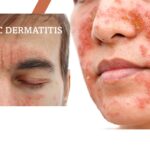




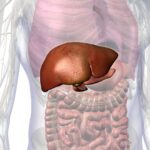


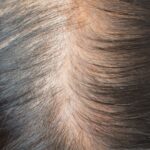










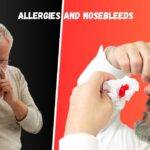
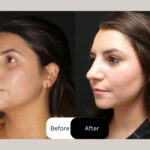



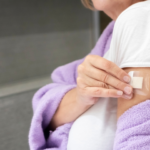





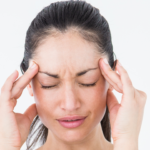




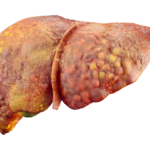
























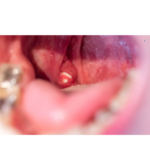



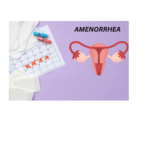
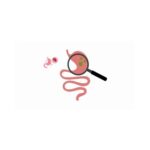


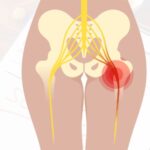


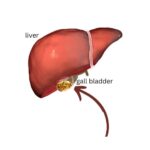










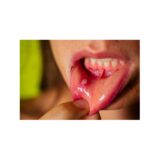
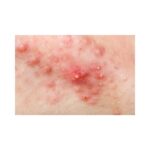
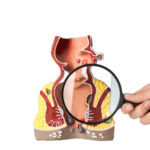


Hello.This post was extremely fascinating, particularly because I was browsing for thoughts on this topic last week.
Keep functioning ,remarkable job!
You should take part in a contest for one of the best blogs on the web. I will recommend this site!